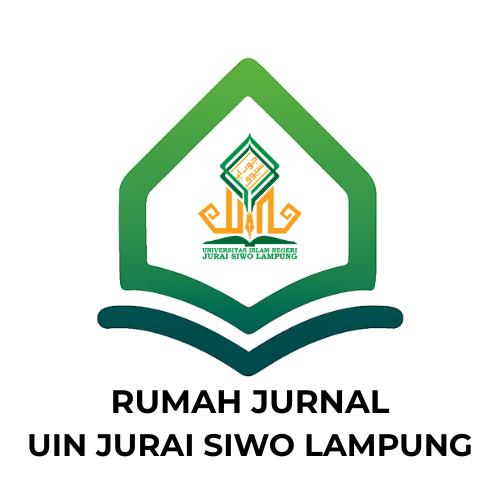Otoritas Sahih Bukhari Sebagai Kitab Hadis Rujukan Dalam Hukum Islam
DOI:
https://doi.org/10.32332/istinbath.v18i2.3171Keywords:
Sahih al-Bukhari, Hadith, Ijtihad, Science, Qaidah FiqhAbstract
The study discusses the authority of the traditions in the book of Sahih al-Bukhari, as one of the main sources of reference for hadith in establishing Islamic law after the Qur'an. This study is intended to answer questions about the authority of the Book of Sahih al-Bukhari in terms of historical perspectives, fiqh Qaida, and modern science. This research is library research that uses content analysis as a method of analyzing the data obtained. In addition, this study also uses comparative analysis to answer the problem of hadith authority in Sahih al-Bukhari when viewed from the perspective of Qaida fiqh. In this study, there are three important points, first, the book of Sahih al-Bukhari until now is known as the book of hadith with the highest level of validity compared to other hadith books. However, as a human creation, the book of Sahih al-Bukhari does not escape criticism from its readers, one of which is because Al-Bukhari is considered close to the authorities. Second, in Sahih al-Bukhari there are traditions whose editorials contradict higher texts, and modern science. Third, as a result of al-Bukhari's ijtihad in the field of the authenticity of hadith as well as in the field of fiqh, and his position is sometimes considered higher than other hadith books. The researcher argues that the criticism that states Imam Bukhari was close to the ruler is not appropriate, but the political influence in the writing process cannot be fanned, while regarding the conflict between the hadith texts in the book of Bukhari and the texts of the Qur'an, history, and science, it is necessary deeper study, then the book of Sahih al-Bukhari should be positioned on a par with other hadith books.













